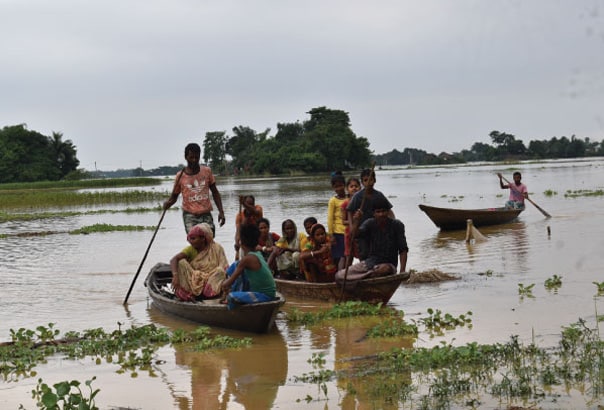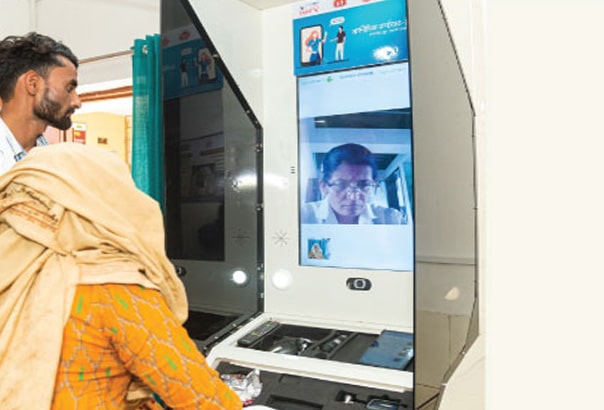November 2022

Afroz (name changed) works as a domestic help in the apartment complexes of Noida, Uttar Pradesh, and stays in a rented accommodation in an urban village of the city. Many years back, in search of a livelihood, she had migrated from Bhagalpur in Bihar to the National Capital Region along with her husband. The city did not disappoint her and she was happy that she no longer had to mill rice on dhenki (a traditional rice mill made of wood and iron), which was her routine work in the village. But within a few months of staying in NCR she realised that to better the living condition of her family, she will have to work. “My neighbour worked as a domestic help and often brought home sweets and gifts. I thought why shouldn’t I? My husband was reluctant but I convinced him,” says Afroz.


Hygiene & Dignity: An uphill journey for rural women
The International Labor Organization (ILO) estimates that rural women comprise one-quarter of the world’s population and are potential contributors to a country’s social and economic growth. But despite this, and the key roles that these women play in the economy, they are faced with constant inequalities and challenges that prevent open access to work opportunities, better livelihoods and an improved hygiene landscape.
A lesson in resilience & hope from the Assam Floods
“This flood drastically changed the lives there. Families got separated; they did not have food, hygiene or any moral support. Their homes, crops and cattle were all destroyed. The entire region was drowned in water and that made the relief work very difficult for us. There was no mode to communicate and commute. The flood was so massive that no one could say that there was a lush green village residing there because all that remained was the water.” What Yogesh, one of the volunteers working with Smile’s disaster response team, is recounting is the havoc created by the floods that hit Assam this year.




Non-profits in India leverage technology for good
Non-profits in India, like every other growing sector, were at their most vulnerable during the peak years of the pandemic, but saw their most hearty and revamped comeback. Amidst the overwhelming bounce back, many smart organizations are now leveraging latest technologies to help better manage and optimize their organizations and automate several of their processes. These tech-oriented measures also improve their financial transparency, accountability and make them reach their audiences better.



